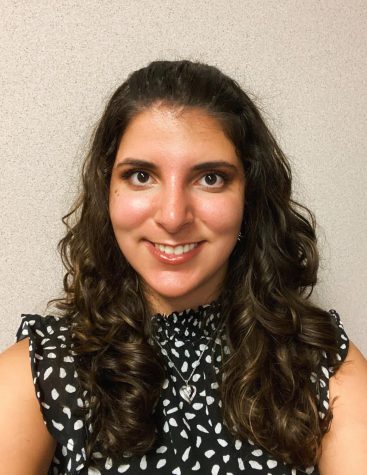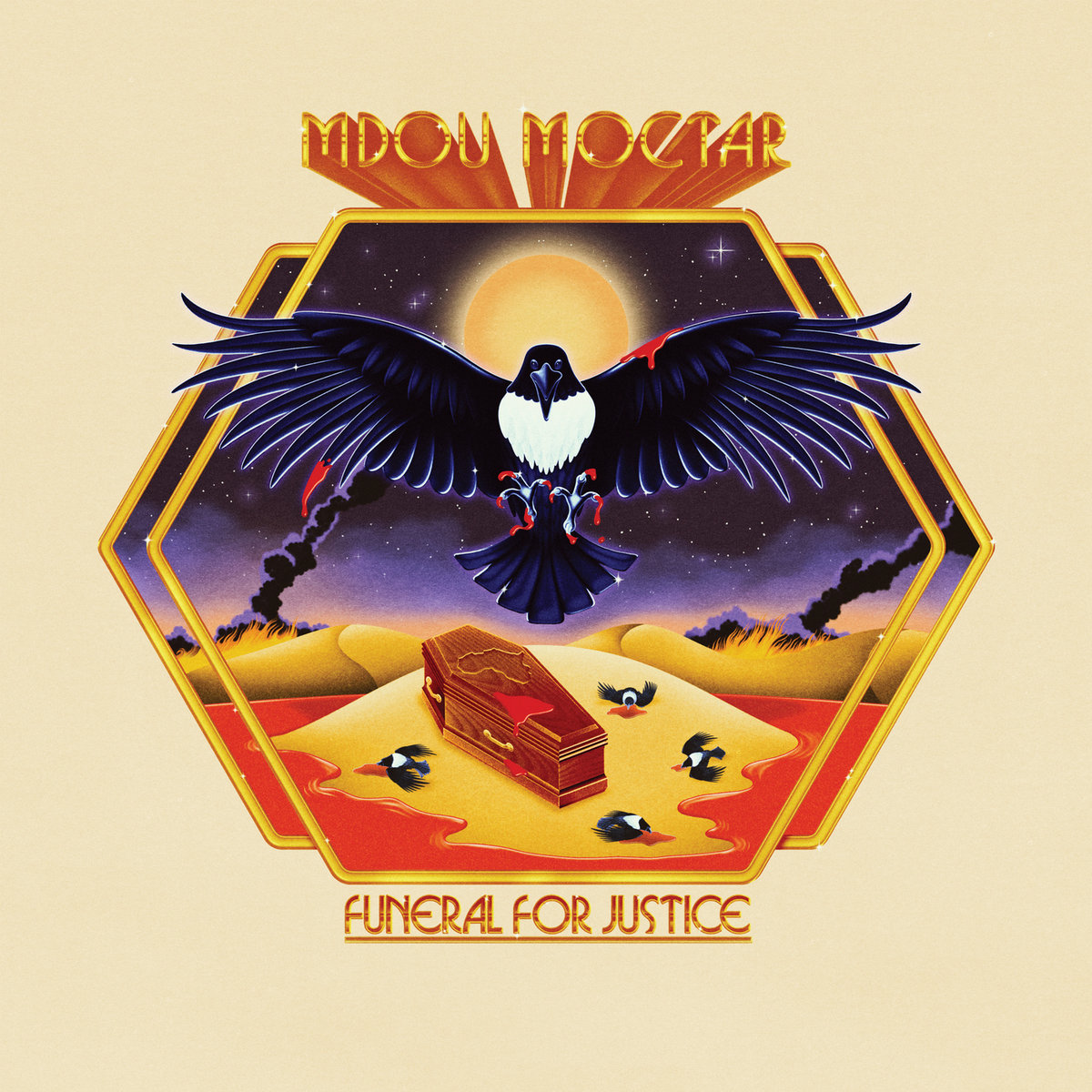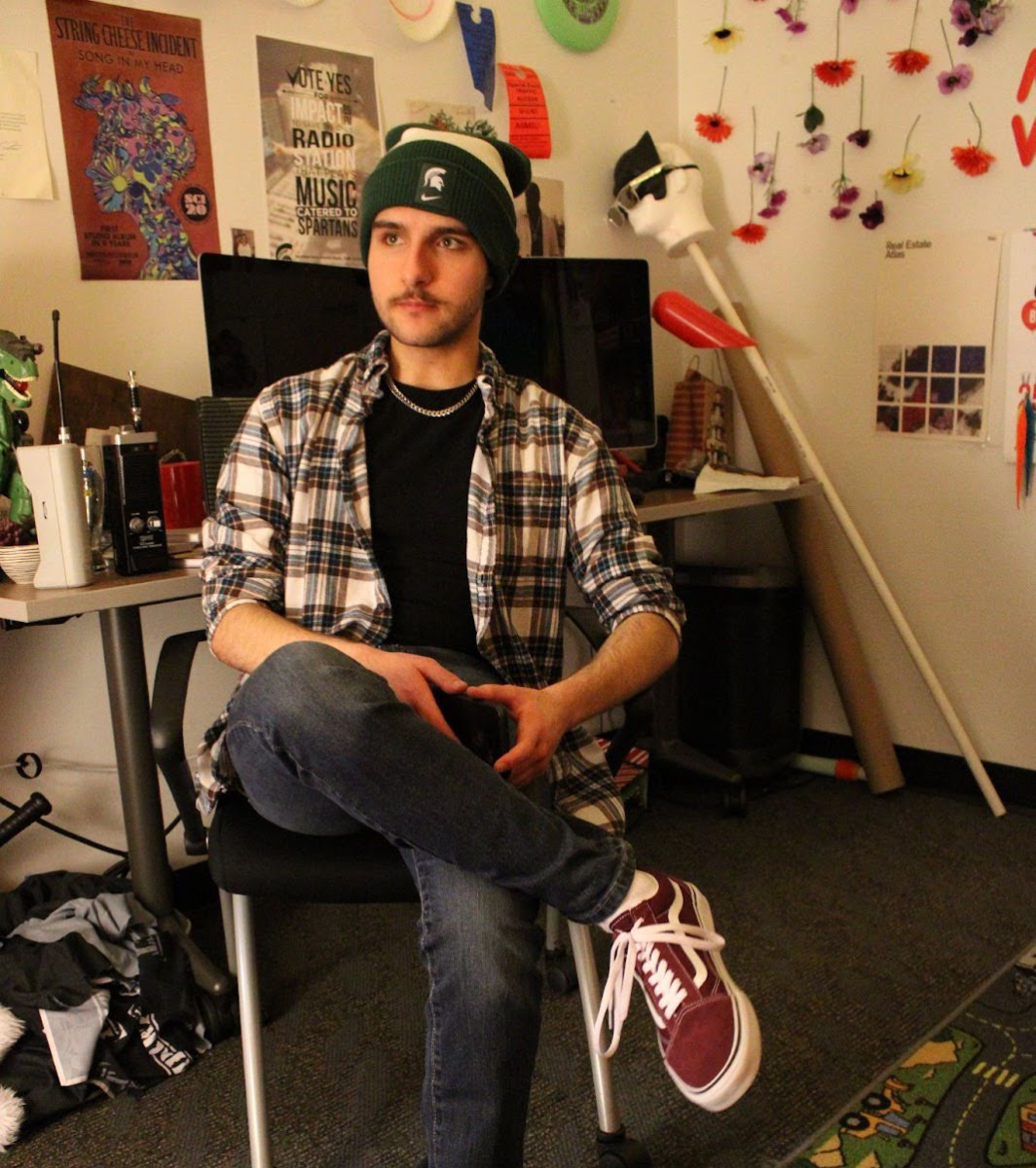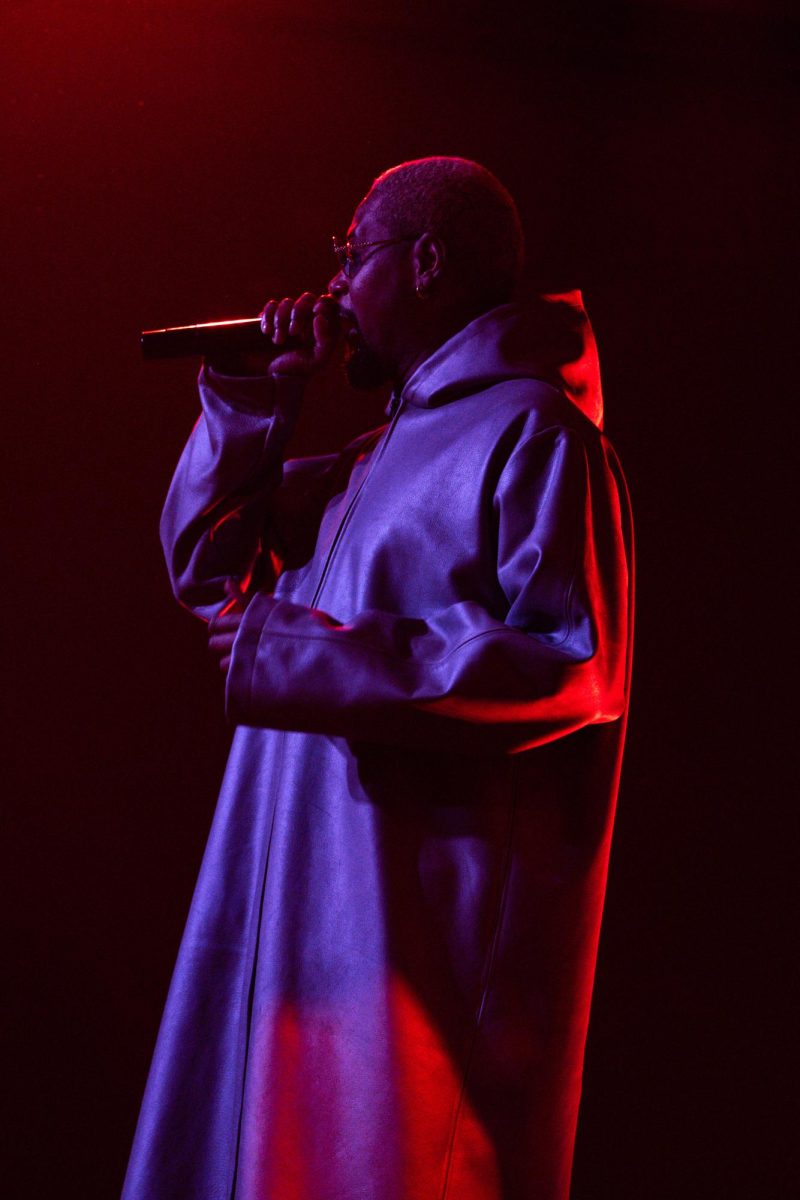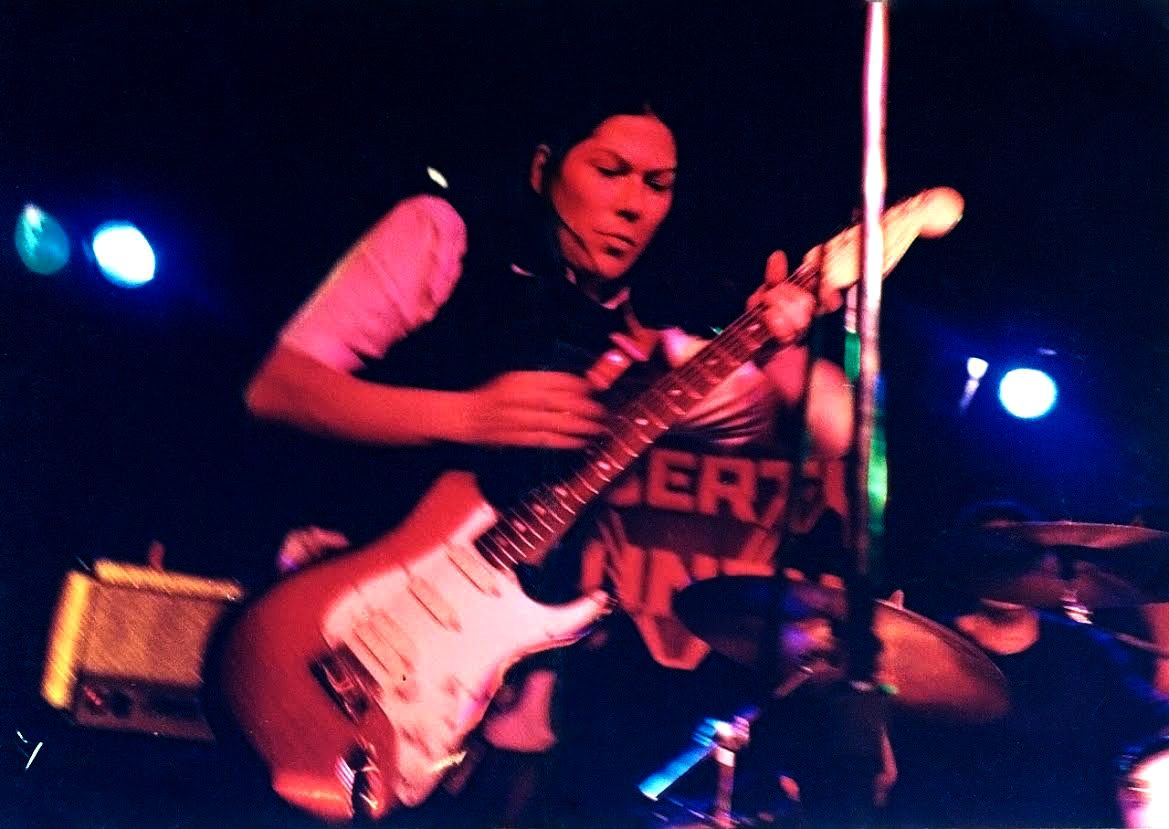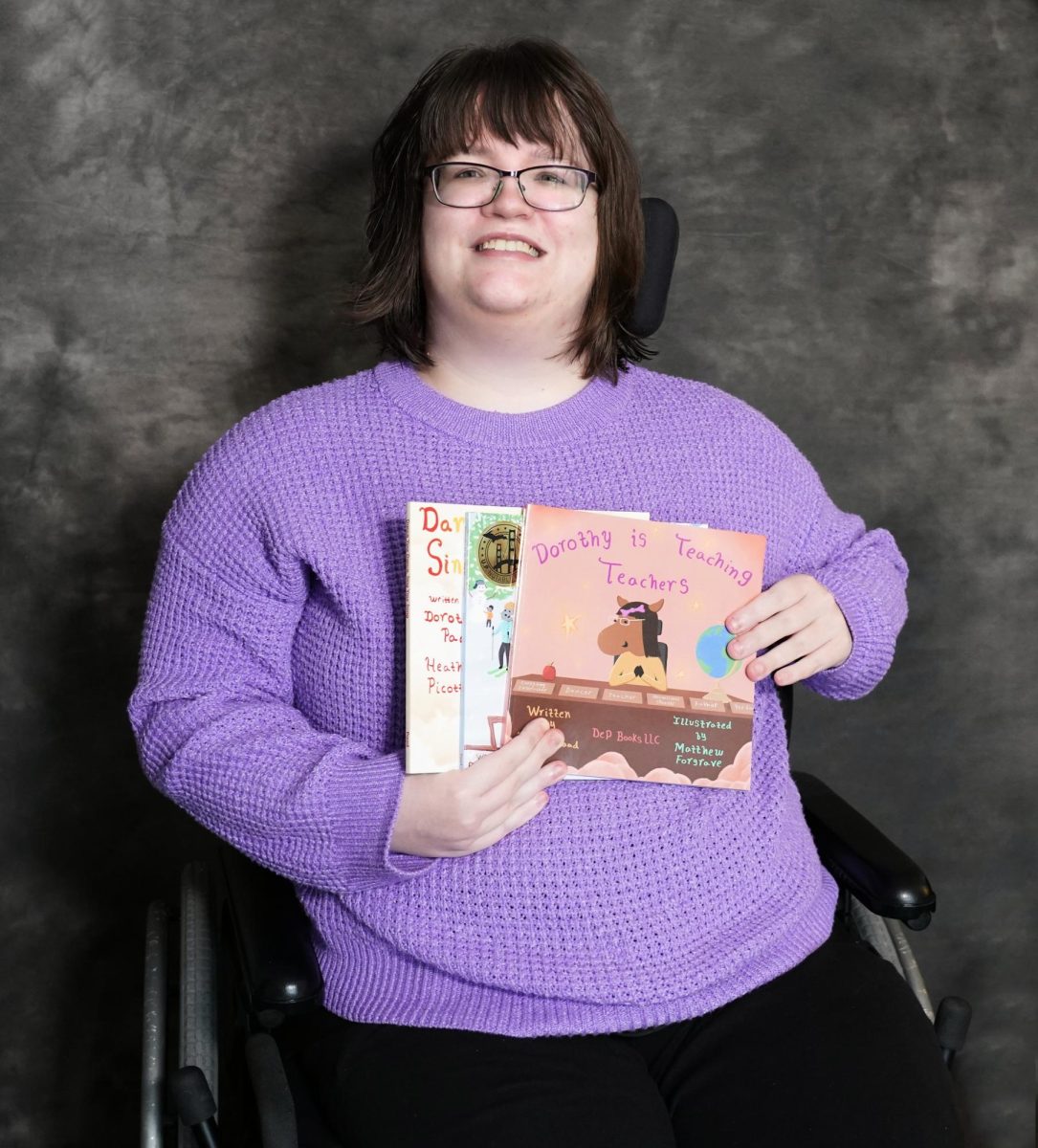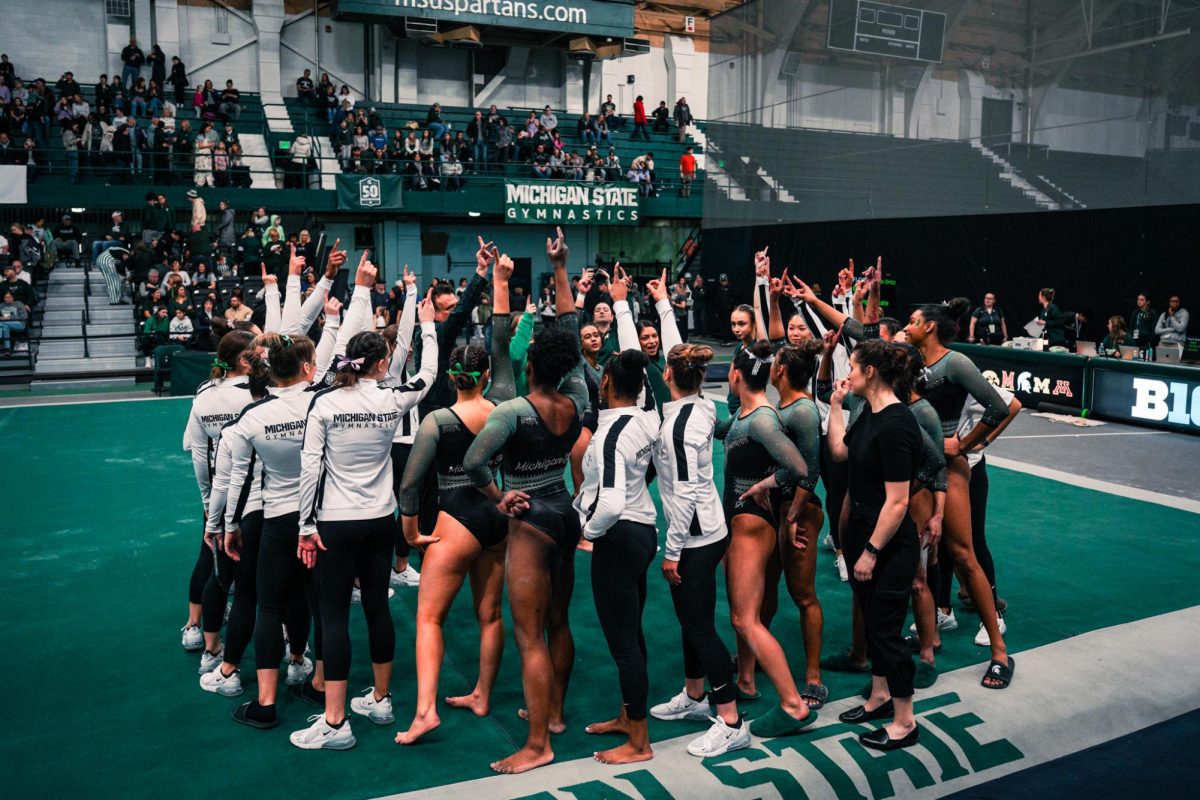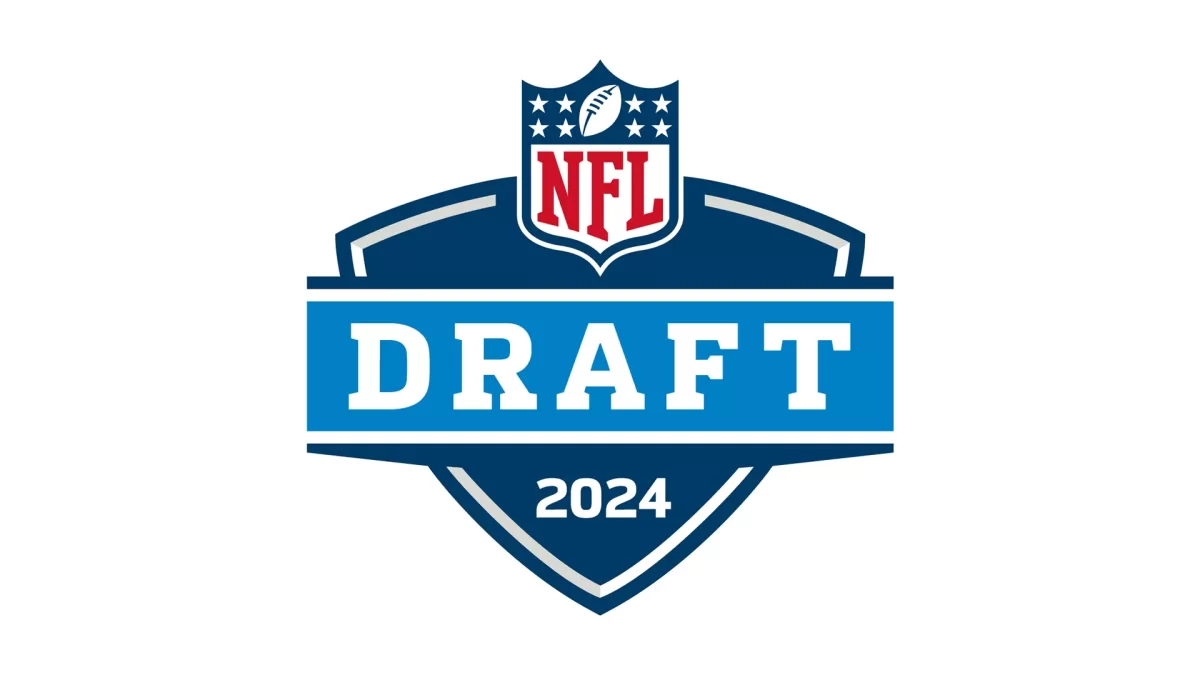Exposure – 11/28/2020 – TRANSCRIPT FOR MSU Mental Illness Association
November 29, 2020
Disclaimer: The contents of this interview do not reflect the values or represent the values of WDBM The Impact.
Interview Transcript
Connie Rahbany: Hello, and welcome to Exposure. I’m your host, Connie Rahbany, and today I’m interviewing with the MSU mental illness association. Thank you for joining me today.
Neha Iska: Thank you for having us.
Connie Rahbany: And can I have you introduce yourselves and tell me a little bit about you?
Neha Iska: Yeah, of course. Um, so my name is Neha Iska. I’m the president of MSU MIA. I am a junior and I double major in neuroscience and sociology.
Winnie Kamindo: Um, my name is Winnie Kamindo. Um, I’m a junior year neuroscience major as well. Um, I’m the vice president and fundraising chair of MIA.
Sean Williams: Well, my name is Sean Williams. I’m a senior neuroscience major. You might see that there’s a trend here with the neuroscience thing and yeah, I go to MSU as well.
Dominic Lucchi: Yeah, the trend ends with me. My name is Dominic. I’m a senior. I have a major in chemical engineering and a minor in German. And I’m the social chair.
Connie Rahbany: So what can you tell me about MSU mental illness association? What is it.
Neha Iska: MSU mental illness association is basically a club for open forum discussion regarding mental illness. So we kind of wanted to create a space where people could talk about their medications, what kind of help they’re receiving, what works for them, what doesn’t, and yeah, just basically foster an open space for discussion because oftentimes mental illness can be a very taboo subject.
Sean Williams: And, uh, just to build off what Neha just said. It’s also not just for people who are diagnosed with some mental illnesses, it’s for people who are undiagnosed or just people who feel like they are. Having any problems whatsoever mentally, and they want to talk about it, or even if they don’t want to talk about it, they’ll just have a safe place for them to feel included and hear stories from other people. And like one quote that comes to mind, at least for me, when I think about it is misery loves company, you know? So when somebody is going through, it is always a lot better to have somebody else going through it with you, you know, it makes you feel less alone. And so that’s kind of what we’re trying to foster with our club.
Winnie Kamindo: And I think something that’s really important in joining those two groups of people who are diagnosed with mental illness and those who are not, is that when we’re talking about our own experiences, some people might be like, okay, I’ve exhibited some of those behaviors. Or I have felt in a similar way. Maybe this is a chance, or this is like a signal for me to go get more help and get more resources for myself.
Connie Rahbany: And what was the inspiration behind this new association?
Winnie Kamindo: So Neha actually started to talk about it. We’re both diagnosed with bipolar. She’s bipolar one and I’m bipolar two. And honestly, it’s just been like, it’s been like an uphill battle in terms of just like talking about it, understanding the symptoms, just because they vary so much dealing with medication, dealing with mental health professionals. Um, and we were just. As much as there are other clubs at MSU that do prioritize mental health, I feel like sometimes when you do talk about, um, diagnosed disorders, you’re kind of viewed as a little bit crazy. Um, and, or just like kind of like an outcast and we kind of wanted to create a community and an environment where people can talk about it freely. Like. It’s a normal thing because it really is.
Neha Iska: And to build off Winnie, yeah, I’m diagnosed with bipolar one and Winnie has bipolar two and both of us prior to establishing our club, we haven’t really met anyone with our diagnoses or had even heard of anyone with our diagnoses. And so, um, part of the inspiration was we wanted to talk to people who have been going through similar experiences as we are, and kind of just evaluate that playing field.
Sean Williams: Um, I am not diagnosed with anything, but, uh, this year has been a very big one for me in regards to like self-reflection and just like figuring out who I am as a person. Um, a lot of stuff happened in 2020, and, um, I think this club is going to be something that helps me just as much as it is like me trying to help other people. I just want to see, like what other types of coping mechanisms people might have, or if having like a dialogue, that type of setting will help me out and help other people out who join too.
Connie Rahbany: And what is the overall goal that the organization is either currently achieving or hoping to achieve in the future? Is it just that sense of community or is it bigger than that?
Neha Iska: So I think we have a few goals in mind. I can bring up one and I’m sure everyone else can up more. But, um, one that I can say is coming to terms with my mental illness and having other people, being able to look at themselves in the mirror and say, this is something that I go through and that’s okay. There are other people who are there with me and I’m not alone.
Winnie Kamindo: I think that just refers to the community aspect of it, which is so important in terms of just like making sure you’re not alone and kind of talking with other people who are in like a similar situation as you, in terms of being students who, you know, are trying to achieve some sort of professional goals, but at the same time, dealing with our own personal issues. So I think it just helps to see other people in the same situation as you dealing with kind of similar, um, issues as well.
Dominic Lucchi: Kind of building off of that too. Like another goal would be. I guess for everyone to realize that a lot of people have stuff going on mentally, like even from the first email that we sent out, we had how many members? 350 or something. it may not seem like a lot of people hide it, but everyone has something going on and it’s, I think it would be good for a lot more people to understand that and see that.
Connie Rahbany: And you guys touched on it briefly in the beginning about anyone can get involved with this organization, but is it it’s open to MSU undergrads? Correct?
Neha Iska: It’s open to MSU undergrads, graduate students, professional students, um, essentially anyone who needs it besides faculty, we’re not there yet, but maybe one day. Um, yeah, it’s open to basically anyone who needs it, there are no requirements for membership. You don’t have to go to every meeting. You can go to a meeting once a semester, once a year, every meeting, if you want, it’s up to you.
Connie Rahbany: And so your first meeting is coming up. When is it? And what will that look like?
Winnie Kamindo: I think it’s December 1st. And I think we’re having two meetings, one at five and one at six, we’re going to have like two separate zoom links for that. Um, like Dominic said, we did have like over 300 responses and so the free zoom can only hold a hundred people. So we were hoping, um, to kind of just separate that out for everyone who’s interested
Connie Rahbany: And did COVID-19 impact the start of the organization. If so, how.
Neha Iska: Uh, you know, actually it really didn’t I mean, obviously it would be awesome to have like these discussions in person, but since COVID-19 we have zoom meetings, but thankfully zoom has breakout rooms. And so we’re actually going to be recruiting group discussion leaders to manage these breakout rooms so that we can have smaller settings for people to share in.
Sean Williams: Honestly, COVID pulled the trigger for this group to even start because like, I don’t know about y’all, but COVID has been a lot to deal with, uh, on top of everything else. And so I think that was like the final straw that kind of just made us be like, okay, we need to like, do something about this because if we’re going through it like this, imagine all the other students who might feel alone on campus that are going through it too. But we need to talk about it.
Connie Rahbany: And is there a deadline for students to join?
Neha Iska: Nope, it’s always open enrollment. We have a Google form link on our Instagram page, uh, which is MSU.MIA. And so if anyone’s interested in joining, feel free to go on there and fill out the Google form link at any time.
Connie Rahbany: You’re listening to WDBM East Lansing. I’m Connie Rahbany, your host of Exposure. Today, we’re talking to the MSU mental illness association. And so I heard you have a new website. What can you tell me about that?
Neha Iska: our website we’re planning on having like specific like sections for different disorders, having like different publications and articles and just community resources to other people with the same disorders. Um, just kind of put in certain categories so that people can find them easily. And access, whatever they need to know whether they want to know about, um, like brain abnormalities and schizophrenia or, ways to cope with psychosis. We hope to have multiple ways to look up information on our website.
Winnie Kamindo: And I think for me, at least when I first got diagnosed Neha really helped me out because she sent me some research articles and sometimes you need to read like the science behind what’s kind of going on in your head for you to kind of feel better about it or kind of get some closure. I know that like, it’s not just something random, there’s actually a science behind it. And so we hope to like, kind of. Provide those resources for people. And like, not to say they can’t look it up for themselves, but kind of have it all in one place. Um, if they want to just learn more about it.
Connie Rahbany: And then I also have to ask about your Instagram account. When we emailed back and forth prior to this interview, you called your Instagram account, a meme account. What was the inspiration behind utilizing the account as that type of platform, is there a deeper meaning or goal behind that?
Sean Williams: Uh, sometimes comedy is the best way to cope with stuff. And like, you know, who doesn’t like a laugh, uh, especially about the really touchy subjects. I feel like that’s when you know, comedy can be employed the most, everybody likes memes. And so we kind of combine a little bit of humor with, um, Discussion on serious topics too, you know? And so like the backbone, the underlying principle is that there are all of these thoughts that run through a lot of people’s heads. And there are also, um, mental ailments that some people suffer, but like, If we can laugh at it, then that’s how we overcome it. Or at least that’s one step to overcoming it for a lot of people. And so we want to keep things lighthearted, um, because at least for a lot of students taking a very serious stern approach to things like this might be something that pushes people away. And so we don’t want that to happen. And so our route is going to be on the lighter side.
Neha Iska: Yeah, and it’s awesome because you can follow our Instagram account and get updates on the club, get some fun memes in the meantime, and then also some actual information on mental illnesses.
Dominic Lucchi: And like Sean said, it just keeps it casual, keeps the subject at hand kind of, um, light and not as deep as some people view it.
Sean Williams: And for, you know, any of the listeners out there who are interested, the Instagram account is MSU.MIA
Connie Rahbany: is there anything that the mental illness association is doing right now that you’d like to share?
Winnie Kamindo: Um, right now, we’re kind of just setting up the club, um, hopefully for regular meetings next semester, but right now it’s more informational. Um, recruiting group leaders. That’s really, really important. So anyone who is interested in becoming a group leader and is comfortable with sharing, um, their mental afflictions in the public and leading group discussions, um, please look out for an email from us with the Google form that you can fill out. But right now we’re more, more or less just kind of building up the club so we can have it fully run the next semester.
Connie Rahbany: And what about looking ahead? Is there anything you have to look forward to at this time?
Neha Iska: So, um, in the future next semester, uh, after we get the group discussion leaders all sat down and Pat, we, uh, are kind of looking forward to having some speakers come in. So if there’s anyone that’d be interested in coming to speak at our meetings, um, if you’re a professor, a psychiatrist, a therapist, whatever we would love to have you and just have you, um, just share your knowledge with the club.
Connie Rahbany: And if there’s anybody listening to this right now that is interested or could benefit from joining the mental illness association, what would you say to them?
Sean Williams: I would say come through 100%. Once we have everything set up, there’s literally no reason for you to not come through because, uh, it’s open to everybody. Um, and there’s no deadline for registering, just come in. Or if you know anybody who. You think could really be helped out by a club like this, let them know, post it on your story, Snapchat, Instagram, whatever you need to do again, our Instagram page is MSU.MIA, and we would love for anyone and everyone to come. Um, we’re doing this for self betterment and everybody can be helped out by that. So Yeah.
Connie Rahbany: And how can someone who’s interested find you?
Neha Iska: Our Instagram account is a great place to start MSU.MIA. And then as of Thursday, I believe our website will be up. That is MSUmia.com. So I’ll just repeat that one more time for you guys who are listening. Uh, the Instagram is MSU.MIA and the website is MSUmia.com.
Connie Rahbany: And is there anything else that you’d like to add that I might not have touched on?
Winnie Kamindo: I think what I would say is that, this is literally for everyone. When we say that we mean it. And like, you. You might’ve felt out of place discussing kind of personal things out in the world, but we’re telling you, like, in our club, you will feel, you will feel at home and you will feel comfortable and you, you know, it’s not, you won’t feel like you’re the only one going through whatever you’re going through.
Sean Williams: Um, also to add onto what Winnie said, um, this is an organization run by current undergraduate college students. And, um, again, we’re pretty much offering this to any undergrad students, grad students or any type of MSU student. And so I feel like we understand what we’re going through more so than somebody in a faculty position or like a researcher position would. Right. There is a generational gap there and we simply don’t have that. And, um, and so we, I feel like we can relate the most to what our peers are going through. And so we are sincere when we say that we are here to genuinely help our peers. And so, you know, we can have a better quality of life.
Connie Rahbany: Okay, well, Neha, Winnie, Sean and Dominic. I want to thank all of you for speaking with me today about the MSU mental illness association.
Sean Williams: Thank you, Connie.
Dominic Lucchi: Thanks for having us.
Neha Iska: Having us.
Winnie Kamindo: Yeah thank you.


